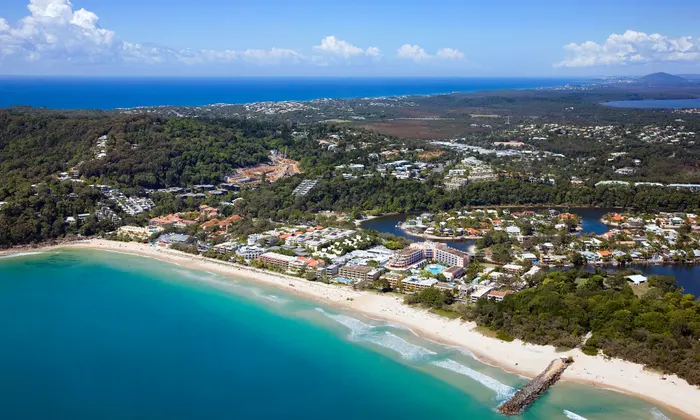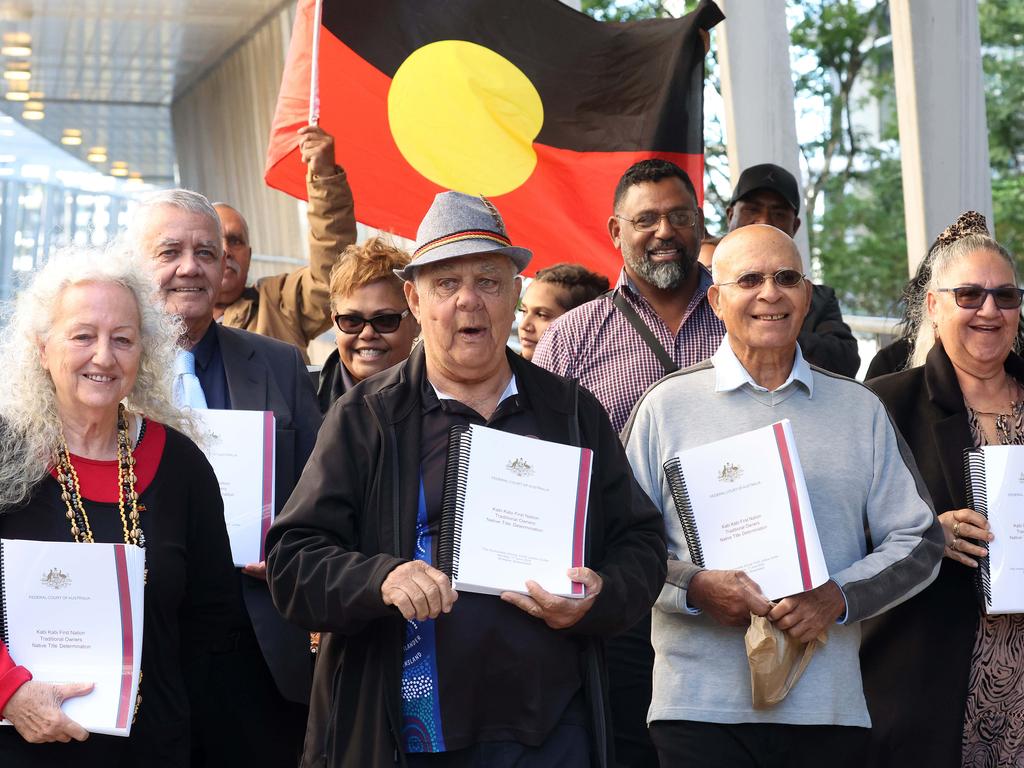On Monday, a federal court in Queensland ruled that the Kabi Kabi people have the rights to over 365,345 hectares of land and water near the Sunshine Coast.
This marks the end of a decade-long legal battle for recognition. The Indigenous group first made a claim in 2013.

The court ruled that the non-exclusive rights granted to the Kabi Kabi group to the area, which includes some of Australia’s best-known tourist spots, should be granted to them.
Justice Collier noted that the group had always been aware of its rights to the land and had maintained ties with it since before European settlers arrived.
While she commended everyone involved in the settlement of the dispute, Justice Collier noted that the Kabi-Kabi group deserved recognition.
Although her ruling did not give them exclusive rights to the land, it did recognize their interests in it.
This decision was the first time that a court in south-east Queensland had recognized the rights of the Kabi Kabi.
This includes the right to take resources from the region for any purpose.
Previously, decisions in the area restricted the Kabi Kabi’s ability to use the land for non-commercial, communal, and personal purposes.
Despite this, the decision will not affect the use of the land by the non-Indigenous owners.
The rights and interests of the region’s native title are subject to both the Commonwealth and state laws.
Also, the traditional customs and laws of the region’s Indigenous group are used to determine their claims.
In June, Mark Dreyfus, the Attorney-General of Australia, announced that the government was reviewing the Native Title Act.
The commission that will be responsible for reviewing the legislation has been tasked with identifying any potential issues.
This investigation is being carried out amid calls for changes to the law so that native title owners can use their lands for commercial purposes and build their own homes.

